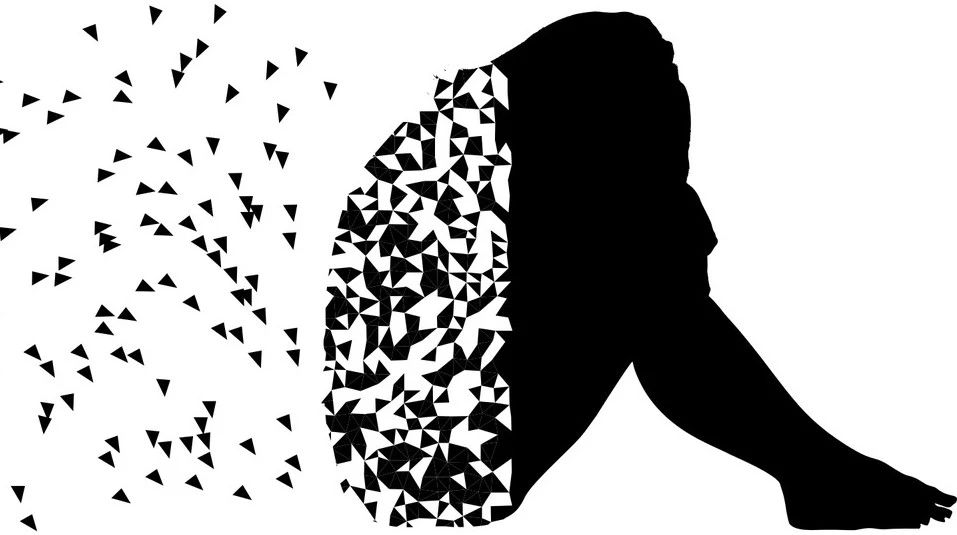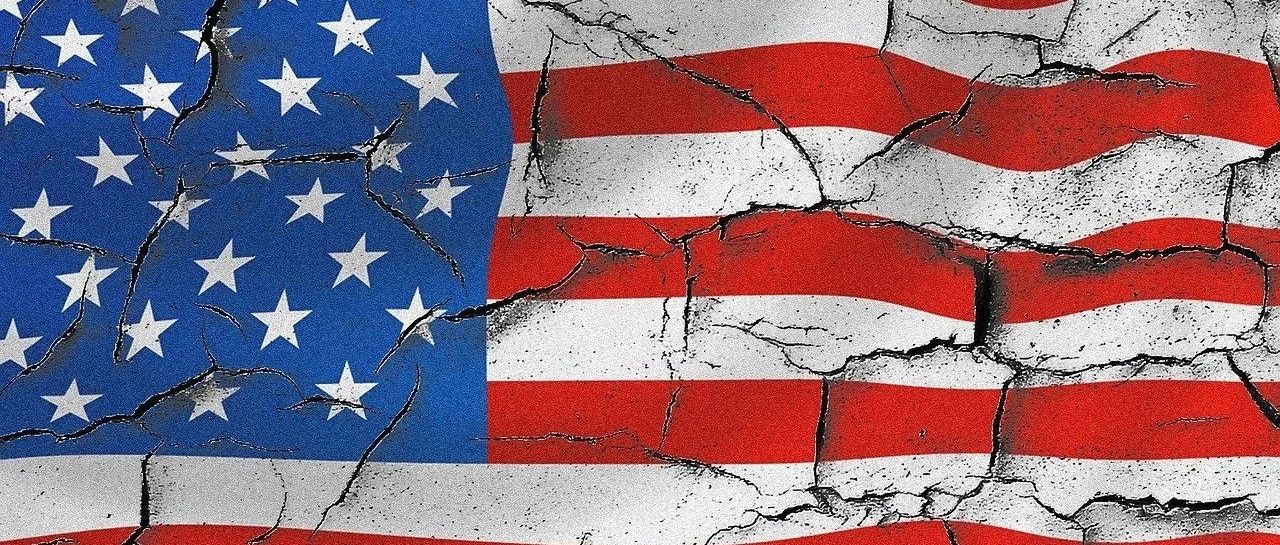To Whom It May Concern,
Our names are Katherine Mao and Grace Xiong, and we are rising high school seniors from Connecticut. Together, we have been working on this letter to the Chinese American community regarding the Black Lives Matter movement. In the past few weeks we have noticed a decline (and lack) of response to this movement, and we wanted to encourage sustained action and mobilization from our community. Thank you so much!
Best,
Katherine and Grace
Dear Chinese-American Family and Community,
On May 25, 2020, George Floyd, a black man, was unjustly killed in Minneapolis by white police officer Derek Chauvin in one of many instances of police brutality in the United States.
Two months after this tragedy, conversations about racial injustice have sparked across the nation and around the world. Although we have seen progress, it does not end here. The conversations and work must be sustained until justice is served, until we rectify the wrongs of the past. Our message is not to criticize our community or to reiterate what others have stated before us. Rather, we want to reignite the fire that prompted such powerful conversations and encourage people to keep the momentum going.
Racism has been rampant for 400+ years; we cannot wait that same amount of time to dismantle the issue at stake. We cannot afford to lengthen the already extensive list of black lives lost to police brutality. This is an ongoing issue that requires ongoing action. In the words of Benjamin Franklin, “Justice will not be served until those who are unaffected are as outraged as those who are.” Stay infuriated, disgusted, and empowered. Let it stay that way until all people are truly equal.
Racial injustice has been present in America since its roots. It was present during the genocide of Native Americans in the pursuit of gold. It was present during the exploitation of African slaves, kidnapped to America for labor and profit. Even after the abolition of slavery, racial discrimination persisted when segregation and Jim Crow laws prevented African Americans from exercising the same rights as their white counterparts.
We have made huge improvements as a country since those times, but racism still exists today. It creates inequality across all aspects of society, including employment, police brutality, incarceration, education, infant mortality, housing, and wealth. These disparities are not due to a lack of willpower or character but are caused by larger systems rigged to prevent African American mobility. Racism does not only exist in the past; even today, African Americans continue to disproportionately face innate disadvantages that others do not. Compared to Caucasians, a greater percentage of the African American community does not receive the same benefits. We should be aiming to help those less privileged than us, supporting initiatives to allow for social mobility in black communities, not only for a few days or weeks, but for months and years following, even when no one is watching.
Culturally, the most common day-to-day racism is maintained in stereotypes and microaggressions, the result of unconscious bias. Even when we avoid being overtly racist, it is still necessary for us to confront our internalized biases. “Microaggressions,” coined by Dr. Chester Pierce of Harvard University, are the subtle comments and actions towards black people that make them feel inferior and out of place. Statements and actions like “I don’t see color” or avoiding eye contact can deny the feelings, experiences, and humanity of black and brown people, even if we don’t intend harm.
These microaggressions surface in various communities, and the Chinese American community is not an exception. Regardless of our intentions, we may harbor these biases without recognizing it. We must tackle racism in our everyday lives, within the Chinese-American community and beyond. We must have conversations and speak up when we notice racism around us, even if it is difficult. Changing our implicit biases does not occur overnight. It might feel frustrating or uncomfortable to acknowledge our mistakes. That’s how it should be. It is hard, but don’t be discouraged. Self-awareness is the first step in the right direction. The subsequent steps come with time, discipline, and forgiveness.
Aligning with Chinese culture, it may feel desirable to keep our political opinions to ourselves, to avoid taking sides. However, as Martin Luther King Jr. once said, “There comes a time when one must take a position that is neither safe, nor politic, nor popular, but he must take it because conscience tells him it is right.” Ultimately, this is not just a political issue, but a moral one. When we continue to see the same story of an innocent person murdered by the police, we feel uncomfortable, angry, in grief. If we do not take action or speak up, we are not remaining neutral, but allowing injustice to continue. When we stay silent, we become a part of the problem. When human lives are at stake, silence is violence.
Injustice to anyone, no matter if they are a part of our race, is wrong. We are Chinese-Americans, and alongside being a part of all the beautiful aspects of this country, we inherit its deep flaws. We cannot enjoy America’s opportunities but ignore its faults. We should not perpetuate divisiveness amongst the colored community nor should we contribute to the apathy that plagues this nation. We should not only avoid being racist but actively fight against racism when we see it. It is not enough to mentally support the movement and watch on the sidelines while others fight for change. We must step in and act when something is clearly wrong in our country. This is our responsibility too. We need to be long-term allies.
There is no doubt that Asian Americans and other minorities are also victims of racism. Historically, we have faced the Chinese Exclusion Act of 1882, Japanese Internment Camps, and recently amidst COVID-19, there has been a rise in xenophobia. Pain is valid no matter who experiences it, but the racism African Americans suffer is of a much greater and pressing scale. As Asian Americans, we face discrimination, but not to the extent where we are likely to be shot and killed so frequently, even when unarmed. We cannot simply dismiss the pain of others because we suffer as well. We should instead turn this into empathy and compassion, so when our fellow human beings are bearing this weight, we help them.
As second-generation Chinese-Americans, we understand that many of our ancestors have worked hard and faced struggles to get us to where we are. By no means do we intend to neglect the sacrifices and hard work that our parents, grandparents, and beyond had to endure for us. We are thankful for our family for teaching us these ideals of excellence, dedication, and independent thought. These very principles are what make this an important matter for all of us. We now need to use those values that our community is known for to help create change for others. We all have the potential to improve ourselves and the world.
There are many ways of supporting the Black Lives Matter movement: signing petitions, calling government representatives, donating money or time, even simply texting a number (resources are listed below). Hopefully many of you have already taken some of these initiatives, and that’s a great start. However, it is also necessary to sustain this action. Educating ourselves about racial injustice from multiple sources, including perspectives from the African American community is a great way to stay informed and involved. Listen to and learn from black voices, and normalize the discomfort of change. Change can take form in various shapes and sizes. Keep in mind that no impact is ever insignificant; small actions speak louder than inaction.
Racism has existed for centuries and will not be resolved in a few weeks. Meaningful change requires commitment, dedication, and hard work. It requires that we do not forget about the movement when media attention fades. The problem still exists even if cameras are not focused on it. We must continue fighting until equality is achieved.
As Chinese-Americans, we do have a role in this movement, and if we unite and mobilize our community, we can contribute to the solution. African Americans are at the forefront of this movement, leading protests and initiating confrontations, and rightfully so. The hardships they endure are unimaginable to non-black people like us, but the urgency to address racial injustice runs across all of humanity. As Asian Americans, we have to support our fellow minorities and people of color in their fight for equality. It is a fight that ultimately tackles the role of racism in the bigger picture, including racism against Asian Americans, and promotes understanding among all people.
It is a turbulent time, but it may be a time of change and progress. A fight against racism in one of its forms is part of a fight against racism in its entirety. Now is not the time to look away. Now is the time to join the fight for equality. Keep your foot on the pedal because this is just the beginning.
Sincerely,
Grace Xiong and Katherine Mao
Some Ways to Support the Black Lives Matter Movement:
- Sign petitions. It takes little time and effort. While a single signature may not sound like much, the combination of hundreds of thousands of people signing a petition can be powerful. These petitions can push for laws to prevent these issues from happening in the future, and all it takes is a name.
- Call and email local representatives in Congress, Senate, or House of Representatives. Press them about legislation that can change the system to end police brutality. There have been many proposals such as demilitarizing the police, holding them accountable for their actions, placing restrictions on police unions, and establishing citizen evaluation boards.
- Donate Money to Organizations that do anti-racism work like the Equal Justice Initiative, NAACP Legal Defense Fund, the Bail Project, Black Lives Matter, etc.
- Support Local Black Owned Businesses. Donations to support these businesses or buying their goods or services can be greatly beneficial.
- Have conversations with your family and friends. It can be hard, but opening up about important issues is also a commitment to your relationships with loved ones.
- Educate yourself. Read various perspectives about black history, systemic racism, and solutions. We can all become better citizens if we are more informed about the issues that impact communities.
- Vote, both in national elections, but also local elections. The combined votes of a community can have a meaningful impact. To the younger crowd, approximately 4 million 17-year-olds will turn 18 before the November election, so make your voice heard.
- Go to protests. There are peaceful protests across the country with participants of all races. These protests have already sparked major institutional changes, but the conversation does not end here.
Resources:
5 Calls is an app that allows you to directly call your local representatives about important issues in society. It provides a script as well as contact numbers, and all it takes is one minute of your time to make a call.
Safety Information During Protests During COVID-19
Conversation Guide for Racial Healing
Letters for Black Lives English Version
Letters for Black Lives Chinese Simplified Translation
Dear PWI is an Instagram account containing personal stories of BIPOC at predominantly white institutions
Comprehensive list of petitions to sign and updates on relevant events
More petitions:
Robert Fuller was found dead June 10, 2020 hanging from a tree outside City Hall Palmdale
Justice for Lakeith Smith and A’Donte Washington
Pass the Black History Education Bill in New York State
Reopen the case involving the death of Tamla Horsford
Reopen Kendrick Johnson’s Case #J4Kendrick
National Action Against Police Brutality and Murder
Demand racial data on coronavirus
Coronavirus: demand more from the government
Resources to educate yourself on racial injustice:
- Books
- A People’s History of the United States (Howard Zinn)
- So You Want to Talk About Race (Ijeoma Oluo)
- Stamped From the Beginning (Ibram X. Kendi)
- How To Be An Antiracist (Ibram X. Kendi)
- The New Jim Crow: Mass Incarceration in the Age of Colorblindness (Michelle Alexander)
- Why Are All the Black Kids Sitting Together in the Cafeteria (Daniel Tatum)
- The Color of Law: A Forgotten History of How Our Government Segregated America (Richard Rothstein)
- Between the World and Me (Ta-Nehisi Coates)
- The Hate U Give (Angie Thomas)
- I Know Why the Caged Birds Sing (Maya Angelou)
- The Next American Revolution: Sustainable Activism for the Twenty-First Century (Grace Lee Boggs)
- Documentaries
- 13th (Netflix)
- When They See Us (Netflix)
- Who Killed Malcom X? (Netflix)
- American Son (Netflix)
- Dear White People (Netflix)
- See You Yesterday (Netflix)
- Explained: The Racial Wealth Gap – Season 1, episode 1 (Netflix)
- Podcasts
- Codeswitch (NPR)
- Pod Save the People (Crooked Media)
- The Stoop (Hana Baba and Leila Day)
- The Daily Show with Trevor Noah: Ears Edition (Comedy Central)
- KUT >> In Black America (John L. Hanson)
- Higher Learning with Van Lathan and Rachel Lindsay (The Ringer)
- The United States of Anxiety (WNYC Studios)
- The Nod (Gimlet)



